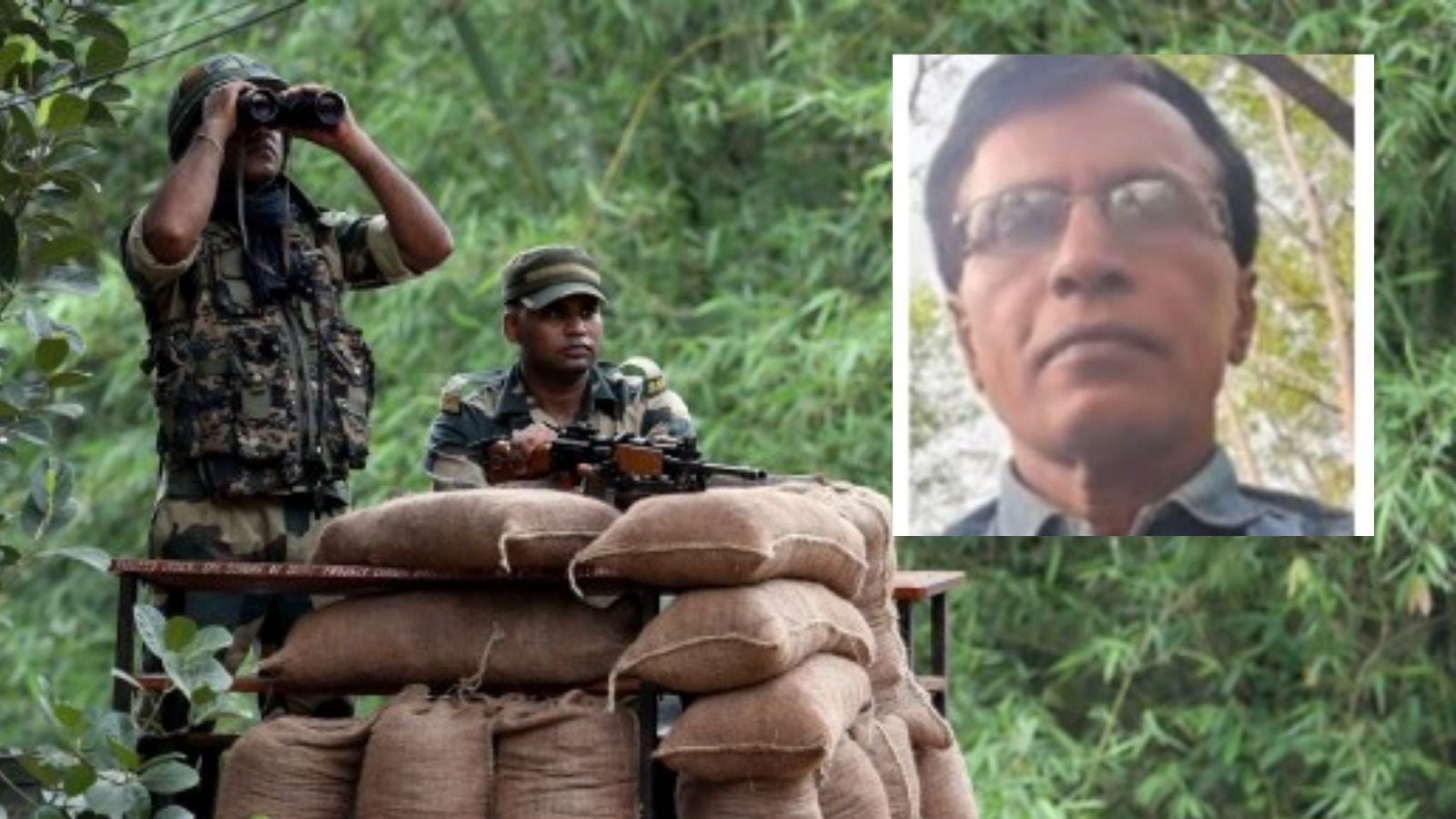Now Reading: Maoist Ideologue Mallojula Venugopal Rao Surrenders, Marking a Shift in India’s Left-Wing Extremism Landscape
-
01
Maoist Ideologue Mallojula Venugopal Rao Surrenders, Marking a Shift in India’s Left-Wing Extremism Landscape
Maoist Ideologue Mallojula Venugopal Rao Surrenders, Marking a Shift in India’s Left-Wing Extremism Landscape

Mallojula Venugopal Rao, a former apprentice in the Andhra Pradesh Public Relations Department, has surrendered to the police in Gadchiroli, Maharashtra, ending a 35-year association with the Maoist insurgency. Known by aliases such as Sonu, Bhoopathi, and Abhay, Rao’s surrender signifies a significant development in India’s ongoing struggle against left-wing extremism.
Early Life and Radicalization
Born on May 10, 1956, in Peddapalli district, Telangana, Rao’s journey into radicalism began during his college years. Influenced by the Radical Students Union and the People’s War Group, he became involved in left-wing ideology. His elder brother, Mallojula Koteshwar Rao alias Kishenji, was a prominent Maoist commander, and his death in 2011 further propelled Rao into the movement.
Rise Within the Maoist Movement
Rao’s involvement in the Maoist insurgency deepened over time. He held various significant positions, including that of the party’s political chief. Operating primarily in the Dandakaranya region, he was instrumental in shaping the Maoist ideology and overseeing the parallel governance system known as the ‘Janatana Sarkar.’ Following the death of Maoist spokesperson Cherukuri Rajkumar (Azad) in 2010, Rao became the principal voice of the movement.
Ideological Shift and Surrender
In recent years, Rao expressed concerns about the direction of the Maoist movement. He acknowledged the organization’s ‘existential crisis’ and called for a reevaluation of the armed struggle. This stance led to internal conflicts, with some factions branding him a traitor. Despite facing opposition, Rao’s call for peace found support in certain divisions, signaling cracks within the Maoist stronghold. His eventual surrender, along with several cadres, marks a pivotal moment in India’s battle against left-wing extremism.
Implications for India’s Maoist Insurgency
Rao’s surrender is viewed by security analysts as a significant blow to the Communist Party of India (Maoist). His departure from the movement not only weakens its leadership but also highlights the ideological exhaustion within the organization. The event underscores the challenges faced by the Maoist insurgency in maintaining cohesion and relevance in the contemporary socio-political landscape.
Conclusion
Mallojula Venugopal Rao’s surrender signifies more than the end of an individual’s insurgent career; it represents a potential turning point in India’s ongoing efforts to address left-wing extremism. As the nation continues to confront these challenges, Rao’s exit from the Maoist movement may pave the way for renewed discussions on peace, rehabilitation, and the future of insurgent ideologies in the country.

























